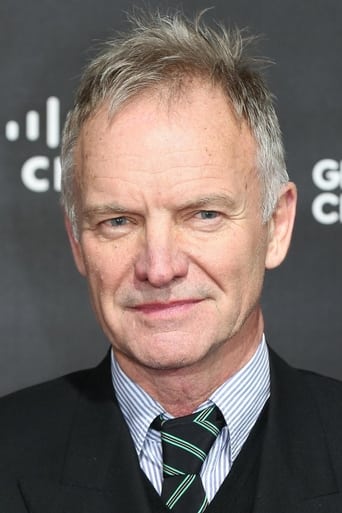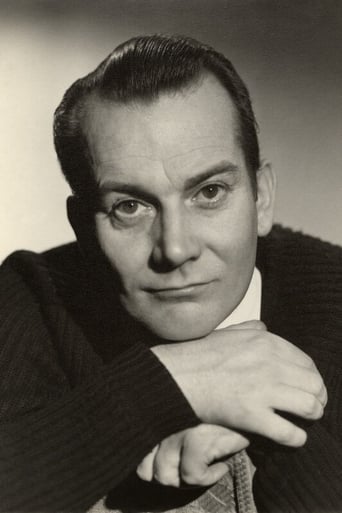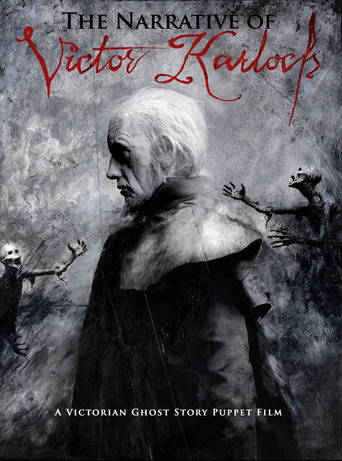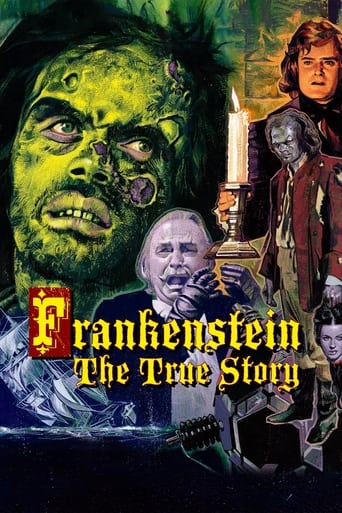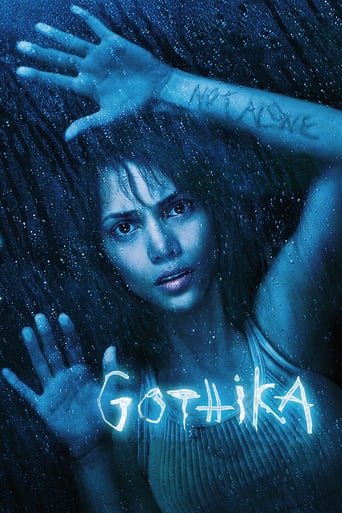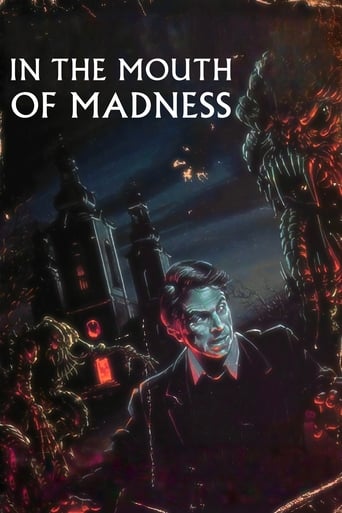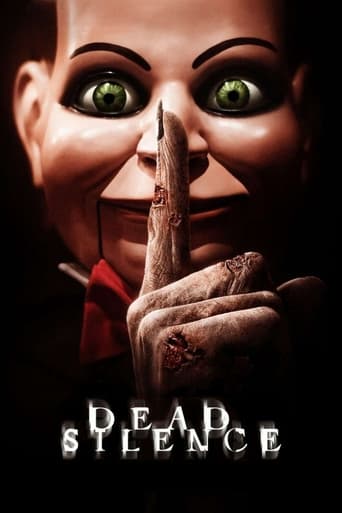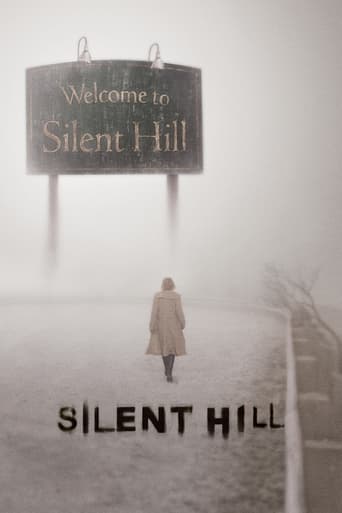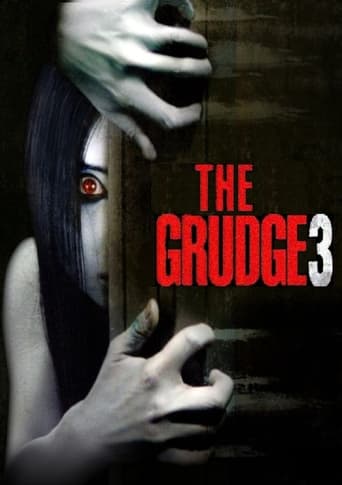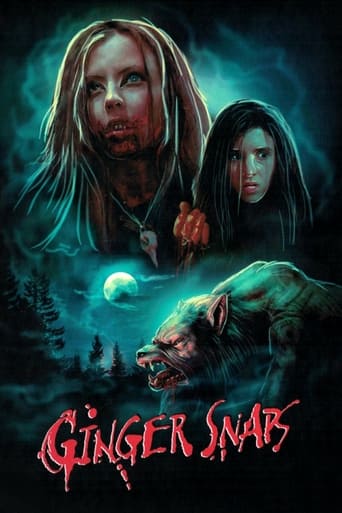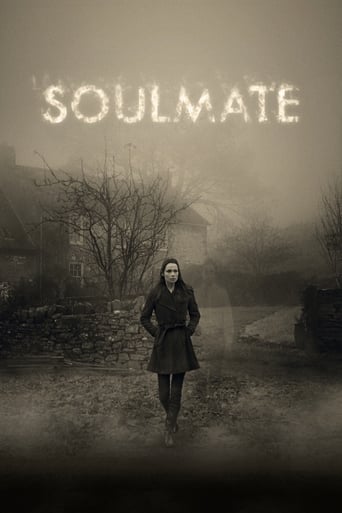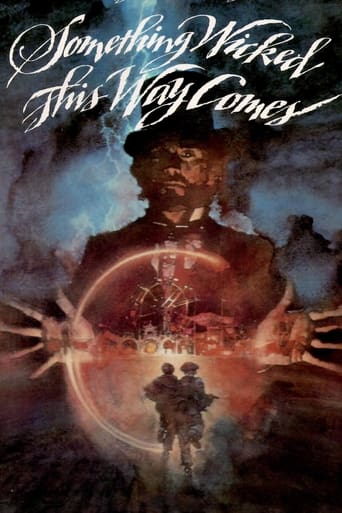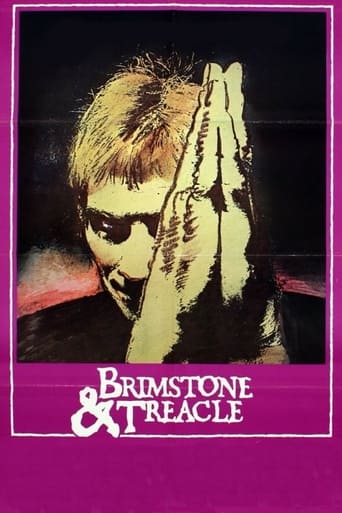
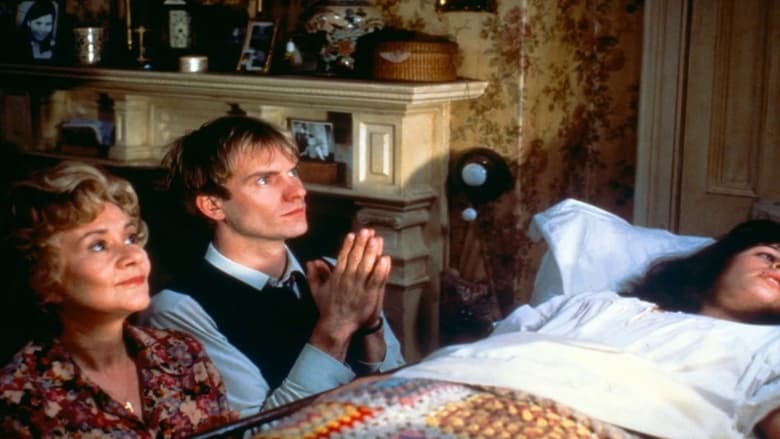
Brimstone & Treacle (1982)
A strange young man has a sinister effect on the family of a middle-aged writer.
Watch Trailer
Cast


Similar titles
Reviews
I saw this when it was fresh on video and it is weird. Like TRACK 29 by Nicolas Roeg is weird. Both films have screenplays by the irrepressibly strange (God bless him) Dennis Potter; This one has 2 heavyweights of the British theater, Denholm Elliot and Joan Plowright, and a thoroughly convincing STING as ...what? An evil sprite? The devil himself? watch it and try to come to your own conclusion; that is the pleasure of this odd little gem.Richard Loncraine has style to burn and he fills the screen with expertly crafted compositions and he has a nice tendency to use slightly wide-angle lenses to make everyday objects take on a malevolent aspect; he knows how to shoot STING, in order to make him look sinister, that is for sure. Bravo.Over the years I have shown this to many different people and it always captivates them and holds their attention from the first frame to the last. I would have to say this is my favorite of anything Dennis Potter has written to hit the cinema screens,so far. He is a difficult artist do do justice to, but BRIMSTONE & TREACLE delivers the goods,in spades. Its darkly funny and also thoroughly squirm-inducing in places. The acting is all first rate; Denholm Elliot is magnificent as the repressed and domineering husband; he projects a marvelous sense of twitchy hostility and discomfort; watching him agonize is one of the films strange pleasures. And Sting is fantastic. I think a lot of people here on the IMDb are being unfair to him because of his pop stardom, but I think he delivers an excellent performance, full of sly menace and sinister charm.
A brainchild of Dennis Potter, grand purveyor of the kind of surreal, darkly-comic TV landmarks that set out to shock the system, the public, and the finger wagging likes of Mary Whitehouse et al, comes the surreal, darkly-comic but not quite landmark 'Brimstone and Treacle'. Much like the Alan Clarke/Roy Minton borstal set drama 'Scum', 'Brimstone and Treacle' began its life as part of the BBC's revered and highly popular 'play-for-today' series. However, when auntie Beeb and the powers that be took a look at director Barry Davis' rough-cut, the vision of a Pinter-esque fallen-angel despicably conning his way into the home of a middle-aged couple and their handicapped daughter, who he eventually rapes, was just too much for the woolly-jumper, Wogan worshiping suits at the beeb -- who banned it outright before it's proposed airing back in nineteen-seventy-six. The script, we presume, then lay at the bottom of Potter's desk drawer whilst he busied himself with something called 'Pennies from Heaven' (classic BBC musical drama with Bob Hoskins, later given an MGM make-over starring Steve Martin and Christopher Walken), eventually resurfacing in this cinematic incarnation, with direction from Richard Loncraine, and starring (of all people) former Police front-man Sting. The casting, which should be crucial to a piece like this, seriously fails here, with the sight of the (then) reggae-influenced pop-star swaggering about the screen like Billy Idol's freakish younger brother, emitting a feeling of true disappoint -- especially when compared to the detailed characterisations of Michael Gambon's Philip E. Marlow in 'The Singing Detective' or Albert Finney's Daniel Feeld from 'Karaoke'. And if his camp-theatrics aren't bad enough, surely the sight of his bare-buttocks wriggling atop a frontally nude Suzanna Hamilton is as embarrassing for the now 'serious artist' as it is for the disconcerted viewer.Thankfully the supporting cast are exceptional, both Joan Plowright and Denholm Elliot (who reprises his role from the original version) give the film a touch of old school charm, whilst Hamilton pulls off the embarrassing task of playing mentally retarded with a willing confidence. It's a shame the producer's decided to go with the "bankable" choice of Sting in the lead, because at its very core, 'Brimstone and Treacle' had the potential to be one of Potter's strongest work. It sadly falls somewhat short, and admittedly, it's not all Sting's fault. Although there are many familiar Potter trademarks, notably the use of thirties music -- used hear as bookends -- conjures up memorable images of Marlow crooning along to Vera Lynn in 'The Singing Detective', but the elements just don't gel. The golden oldies seem to grate, especially when coupled with contemporary artists like Squeeze, The Go-Go's and (of course) The Police -- something which would seem to signal a conflict of interests between the writer and director's distinctive sensibilities.Potter hints and psychological guilt, and sexual repression, but looses the TV play's strongest metaphysical link somewhere in the celluloid translation. In the original, Hamilton's character Patti comes home early to find her father in bed with her best-friend, forcing her to run into the street in disgust, where she is hit by a truck. For the film, Potter has opted for the more conventional playing away with the receptionist routine, turning the proceeding events into a conventional tale of guilt, rather than the implied oedipal fear of paternal molestation that is a constant foreboding in the original work.What we have instead is an almost-pastiche of Hammer horror movies and a somewhat condemnation of organised religion as a whole. There is the lack of faith in the guilt ridden Mr Bates that is countered by the caring of the maternal (but blinkered) Mrs Bates, who spends the film spouting reactionary quotes to her husband's claims of "There is no God" with the likes of "I'd sooner be dead than think like that"... is there a message here? Or did Potter simply have his knickers in a twist. Admittedly this is one of his more self-consciously shocking works, and nowhere near as enjoyable as later productions would prove to be, but thankfully there is at least a spark of imagination, something that is lacking in current British film. 'Brimstone and Treacle' may be Potter-lite, but it's certainly worth a look.
If you look up the definition of the two terms in the title, it will give you some insight into where the film is headed (I didn't know what brimstone was either--crazy Brits). I've always liked Sting's work, and I was intrigued to see Showtime was playing one of his movies that I'd never heard of. Since it got three stars in the TV guide, I figured it was better than Dune, and it was.The movie is a very odd Indie film that really keeps your attention. Sting is really funny and spooky--especially considering how whitebread he has become since his alternative days. A summary of the movie--con artist takes advantage of a family's tragedy--sounds very depressing, but the movie is strangely uplifting. Maybe I'm just a freak.
The film is re-make of a television play which the BBC chose not to transmit because of its controversial subject matter, in particular the final sequence of rape. This version which received a cinema release, appeared 6 years later, and included one member of the original cast, Denholm Elliot.The central role of Martin was re-cast with Sting (then lead singer with The Police) who also provided music material, including his first solo single Spread A Little Happiness. (Michael Nyman also provided soundtrack material.)The script remains largely faithful to the original screenplay, though several minutes of discourse in one of the final scenes is excised completely. This is a discussion of racism which provokes Mr Bates to retract from his outspoken racist views.The original TV play is set mostly within the confines of a living room, while thebigger-budget movie is less restricted, and has a Gothic, sinister atmosphere. References to Martin's diabolical nature are more subtle too the TV play shows Martin with hairy, clawed feet. The closing scene of the film suggests that Martin may have been caught out (by an angel or devil?), while the TV play implies that his actions within the Bates household are just one of many continuing abuses on a never-ending cycle.


